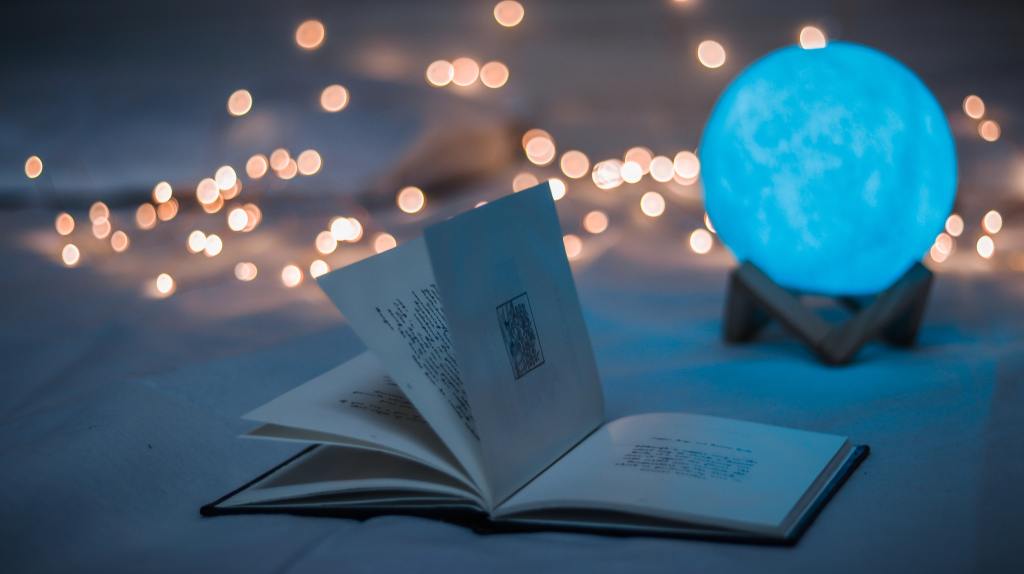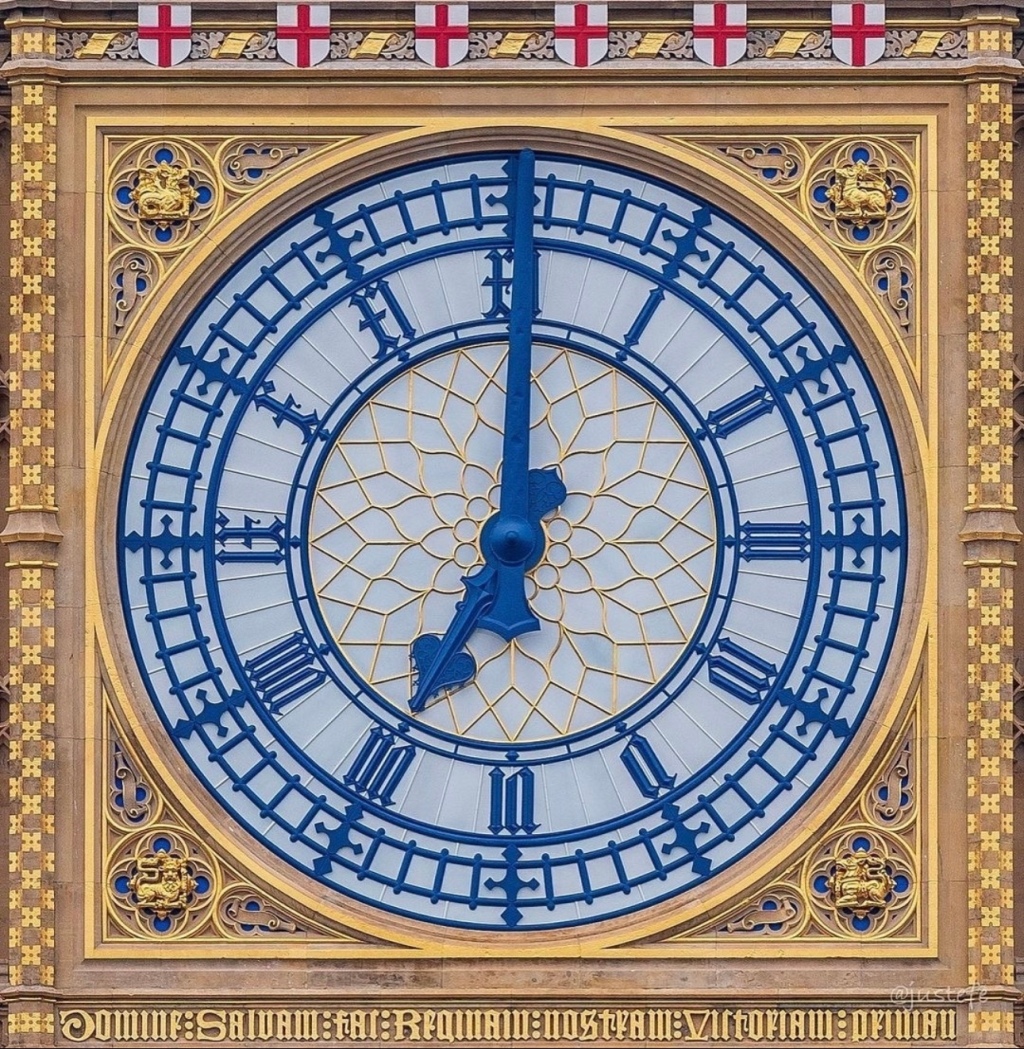Welcome fellow souls to « The Human Family Crash Course Series, » a new project collaborated together by empress2inspire.blog and diosraw0.wordpress.com. Together we will be working on a different topic for each crash course; our seventh topic is focused on «Magic». Each topic will have ten posts with posts on Mondays and Thursdays. We hope you enjoy our series and we look forward to knowing how our posts have inspired you!
Where Did Magic Originate? This is a question that has no right or wrong answer. There are various schools of thought and we will try to cover in brief all of them.
To the modern mind, the word “magic” likely conjures up images of Hogwarts and other fantastical and exclusive realms. Yet in the ancient world, magic was not only a perceived reality, but was also accessible to many people. Surviving literature and archaeological remains from ancient societies surrounding the Mediterranean, including those of Egypt, the Near East, Greece, and Rome, reveal the extent to which magic pervaded most aspects of life in antiquity.
Magic, often overlapping with what today might be considered science or religion, was a resource for mediating one’s interaction with society and the world. It was a source of protection; a means for healing; a method for ensuring success in business, love, and reproduction; and a platform for predicting the uncertain future. It even lay at the root of many funerary practices. Thus, from birth until death, magic touched all stages of human life.
The Western conception of magic is rooted in the ancient Judeo-Christian and Greco-Roman heritage. The tradition took further shape in northern Europe during the medieval and early modern period before spreading to other parts of the globe through European exploration and colonialism after 1500. The view of Western civilization as a story of progress includes the magic-religion-science paradigm that traces the “rise” and “decline” of magic and then religion, along with the final triumph of science—a model now challenged by scholars. Moreover, the very origins of the word magic raise questions about ways in which one person’s religion is another person’s magic, and vice versa.
The term “magical realism” was first introduced by Franz Roh, a German art critic, who considered magical realism an art category. To him, it was a way of representing and responding to reality and pictorially depicting the enigmas of reality. In Latin America in the 1940s, magical realism was a way to express the realistic American mentality and create an autonomous style of literature. Yet, magical realism is not confined to Latin American literature alone, for many Latin American writers have influenced writers around the world, such as Indian writer Salman Rushdie and Nigerian poet and novelist Ben Okri.
Magical realism is characterized by two conflicting perspectives, one based on a rational view of reality and the other on the acceptance of the supernatural as prosaic reality. Magical realism differs from pure fantasy primarily because it is set in a normal, modern world with authentic descriptions of humans and society. According to Angel Flores, magical realism involves the fusion of the real and the fantastic, or as he claims, “an amalgamation of realism and fantasy”. The presence of the supernatural in magical realism is often connected to the primeval or “magical’ Indian mentality, which exists in conjunction with European rationality. According to Ray Verzasconi, as well as other critics, magical realism is “an expression of the New World reality which at once combines the rational elements of the European super-civilization, and the irrational elements of a primitive America.” Gonzalez Echchevarria believes that magical realism offers a worldview that is not based on natural or physical laws nor objective reality. However, the fictional world is not separated from reality either.
At the end of the day, it boils down to what you want to believe, which science do you want to depend on. Believing is magic, Faith is magic. Love is magic.






Leave a comment